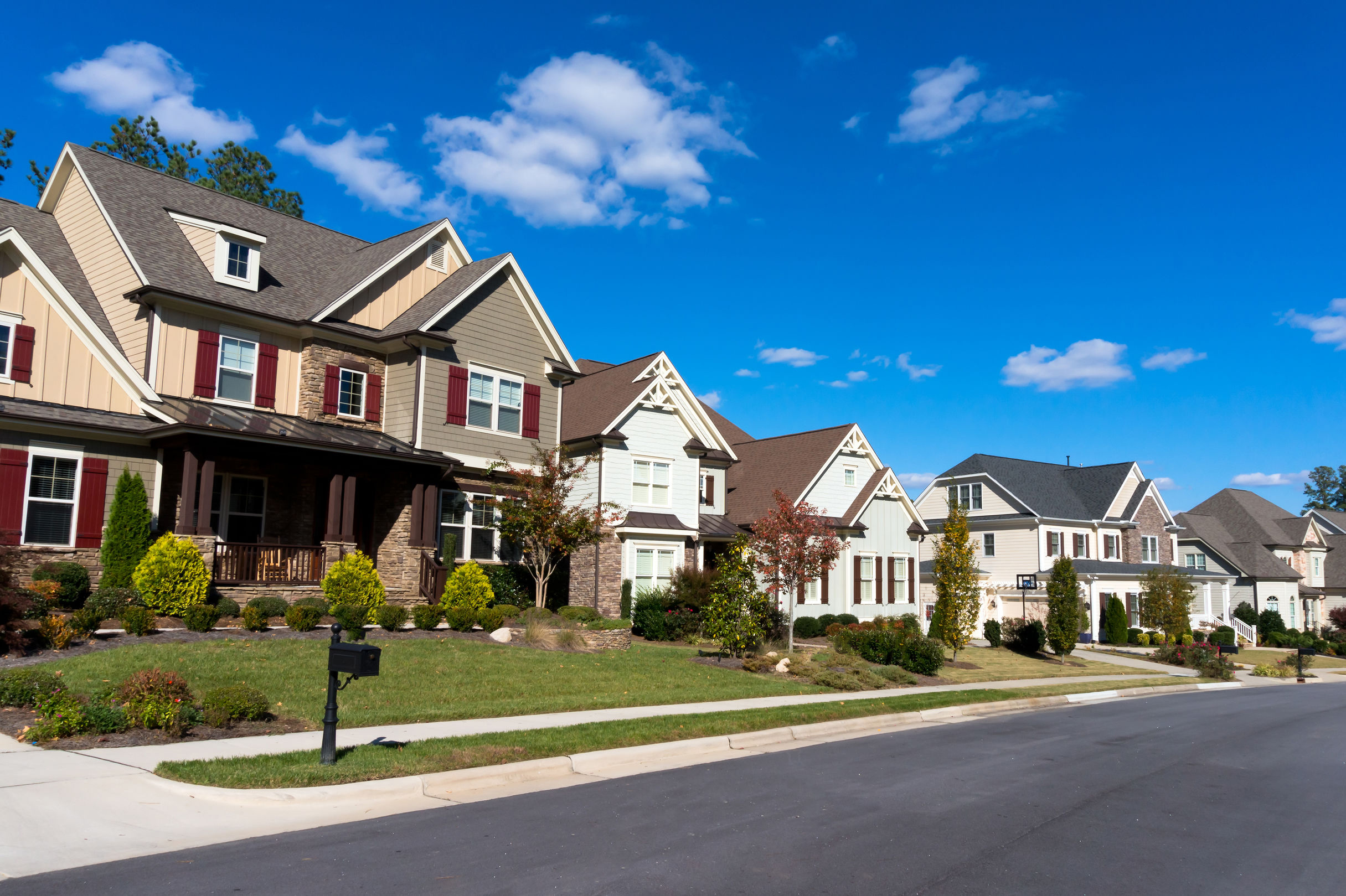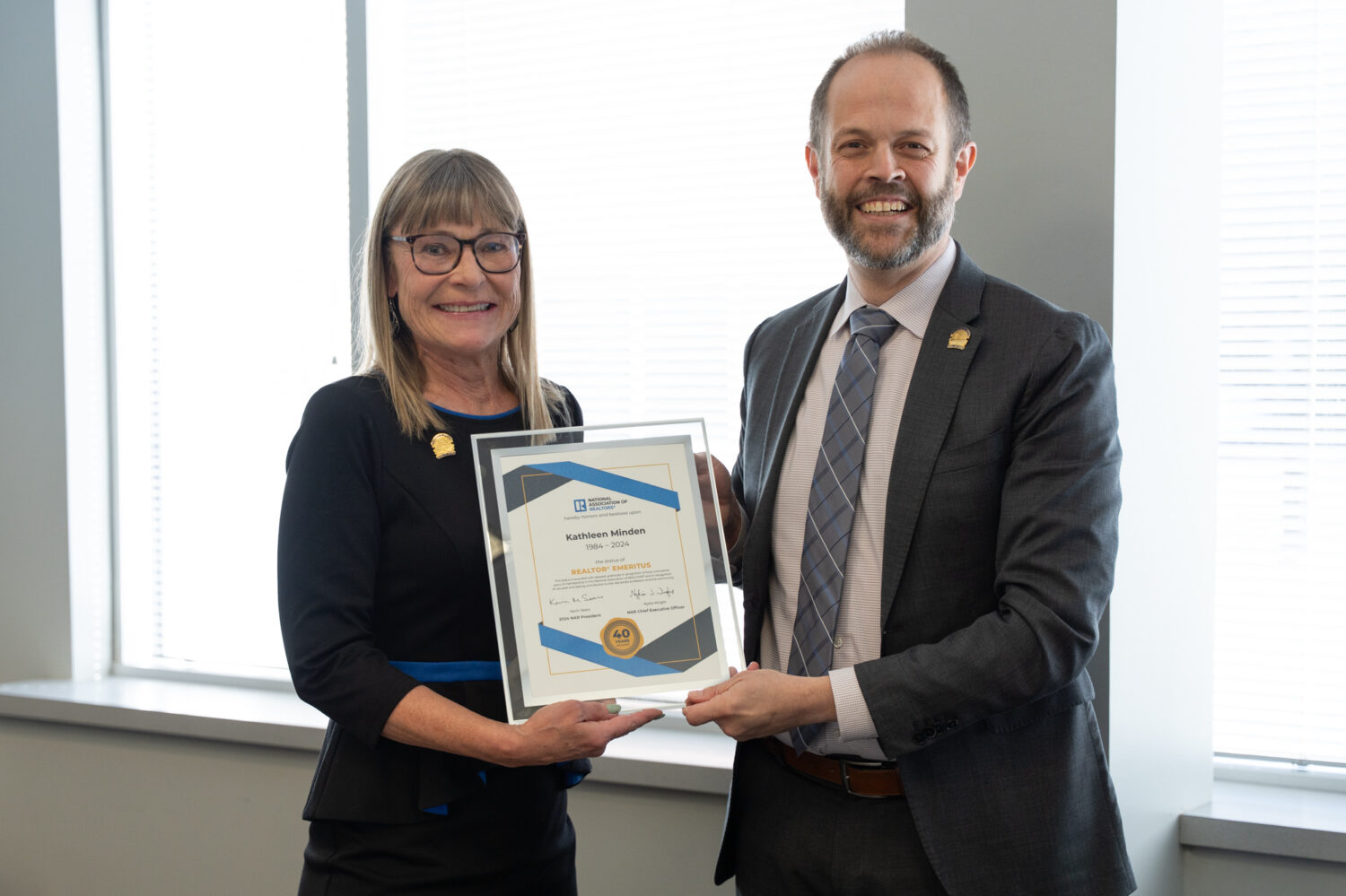
National Association of REALTORS®
Key Highlights
- Pending home sales broke a six-month skid with a slight rise of 0.7% from April.
- Pending sales in the Northeast accelerated 15.4% in May, the largest monthly increase among the four major U.S. regions.
- Compared to a year ago, three out of four regions – Northeast, South, and West – posted double-digit pending sales declines, while sales dropped by 8.8% in the Midwest.
Pending home sales crept higher in May, ending a six-month streak of declines, according to the National Association of Realtors®. Regionally, month-over-month results were mixed as the Northeast and South experienced increases while the Midwest and West posted decreases. Year-over-year contract activity slid in all four major regions.
The Pending Home Sales Index (PHSI),* www.nar.realtor/pending-home-sales, a forward-looking indicator of home sales based on contract signings, inched up 0.7% to 99.9 in May. Year-over-year, transactions dropped 13.6%. An index of 100 is equal to the level of contract activity in 2001.
“Despite the small gain in pending sales from the prior month, the housing market is clearly undergoing a transition,” said NAR Chief Economist Lawrence Yun. “Contract signings are down sizably from a year ago because of much higher mortgage rates.”
According to NAR, at the median single-family home price and with a 10% down payment, the monthly mortgage payment has increased by about $800 since the beginning of the year as mortgage rates have climbed by 2.5 percentage points since January.
“Trying to balance the housing market by choking off demand via higher mortgage rates is damaging to consumers and the economy,” Yun added. “The better way to balance the market is through increased supply, which also helps the broader economy.”
While the housing market remains unbalanced nationwide with demand far outpacing supply, Yun noted variations in home prices and affordability contributed to the regional differences in pending sales activity in May.
“The largest decline in contract activity was observed in the West region, where homes are the most expensive,” he said. “This further indicates the growing need to increase supply to tame home price growth and improve the chances of ownership for potential home buyers.”
May Pending Home Sales Regional Breakdown
The Northeast PHSI jumped 15.4% compared to last month to 86.7, down 11.9% from May 2021. The Midwest index retreated 1.7% to 98.6 in May, a decline of 8.8% from a year ago.
The South PHSI increased 0.2% to 119.0 in May, a 13.8% drop from the previous year. The West index contracted 5.0% in May to 81.6, down 19.8% from May 2021.
*The Pending Home Sales Index is a leading indicator for the housing sector, based on pending sales of existing homes. A sale is listed as pending when the contract has been signed but the transaction has not closed, though the sale usually is finalized within one or two months of signing.
Pending contracts are good early indicators of upcoming sales closings. However, the amount of time between pending contracts and completed sales is not identical for all home sales. Variations in the length of the process from pending contract to closed sale can be caused by issues such as buyer difficulties with obtaining mortgage financing, home inspection problems, or appraisal issues.
The index is based on a sample that covers about 40% of multiple listing service data each month. In developing the model for the index, it was demonstrated that the level of monthly sales-contract activity parallels the level of closed existing-home sales in the following two months.
An index of 100 is equal to the average level of contract activity during 2001, which was the first year to be examined. By coincidence, the volume of existing-home sales in 2001 fell within the range of 5.0 to 5.5 million, which is considered normal for the current U.S. population.





